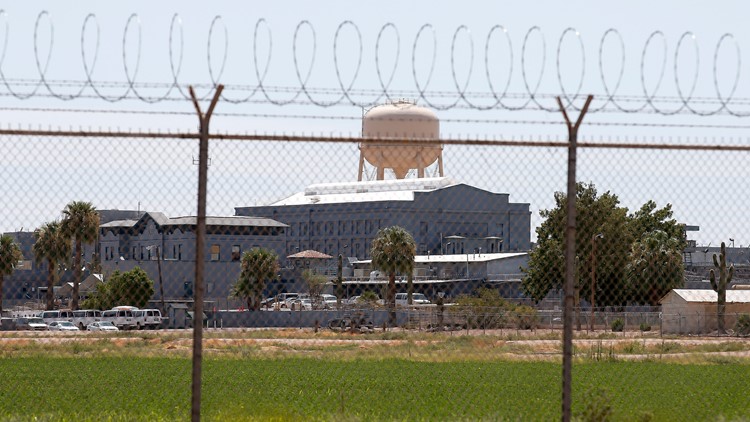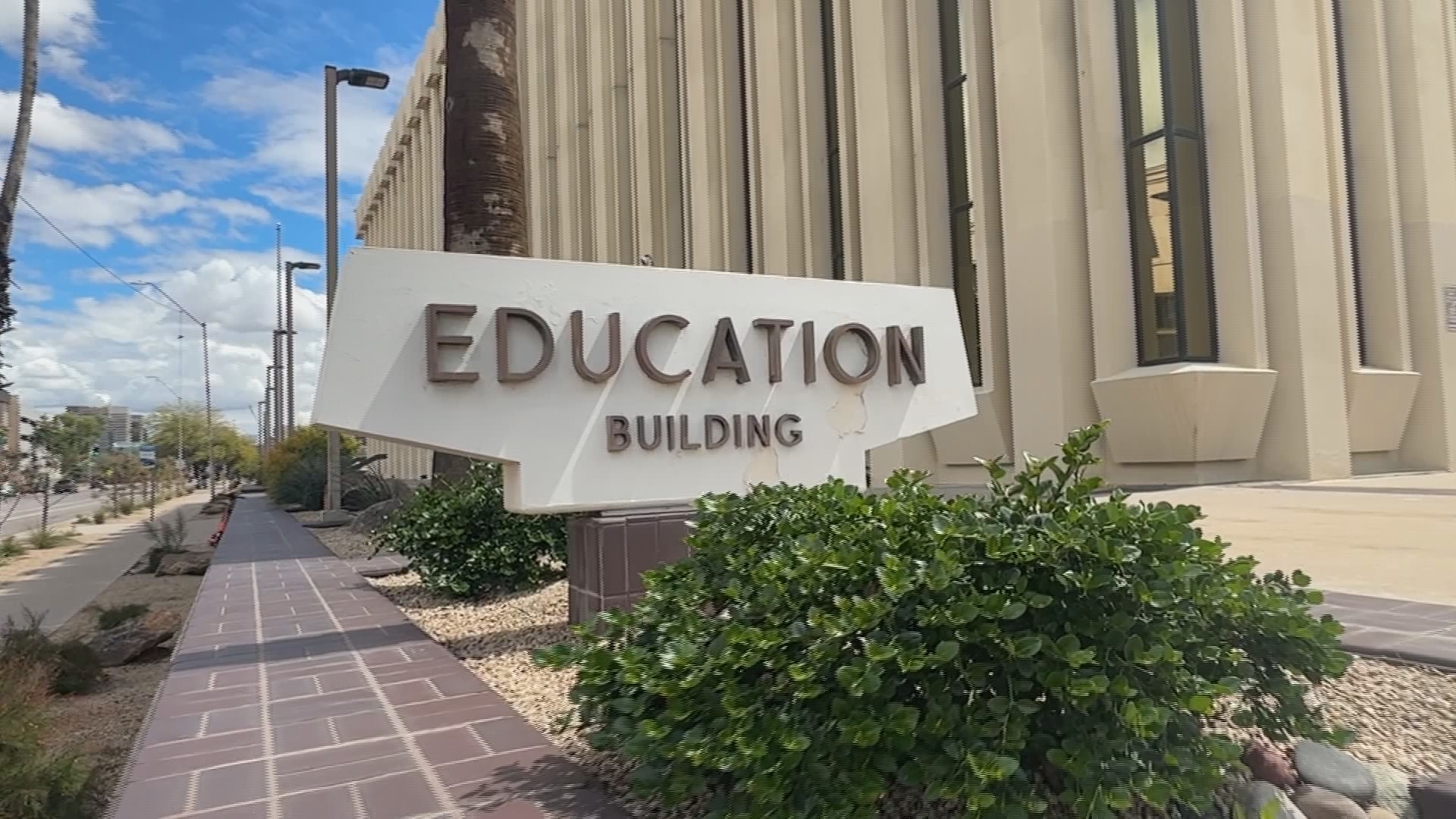PHOENIX (AP) — Journalists are entitled to hear and not just see the entire process of executing condemned inmates in Arizona, a U.S. appeals court said Tuesday in a ruling that criticized Arizona's "checkered past with executions."
In the case stemming from what a lawyer called a botched execution, the 9th U.S. Circuit Court of Appeals also ruled that the media and death-row inmates are not entitled to information about the origins of execution drugs or the qualifications of executioners.
The case challenges procedures created after the 2014 execution of Joseph Wood, who was given 15 doses of a lethal two-drug combination and repeatedly gasped and snorted during a two-hour ordeal.
The case was filed by seven condemned inmates and the First Amendment Coalition of Arizona. They argued the information on drugs and executioners would help the public determine whether the death penalty is carried out humanely.
The state's procedures currently allow journalists, lawyers and family members to witness executions, first on a video monitor while the inmate is strapped to a table and an intravenous line is inserted, then through a window as drugs are administered.
A microphone is turned off after the IV line is placed, according to the ruling.
The judges found that the process violates the First Amendment because it deprives the media of access to governmental proceedings.
They were not convinced, however, that the First Amendment requires the Arizona Department of Corrections to divulge other information about executions.
The death-row inmates and the First Amendment Coalition argued the state should be required to reveal information about the source and quality of execution drugs — including the manufacturer, supplier, lot number and expiration date — as well as the training of execution team members responsible for inserting IV lines.
"Given Arizona's checkered past with executions, we are troubled by the lack of detailed information regarding execution drugs and personnel," Judge Paul J. Watford wrote in the court's opinion.
However, Watford wrote, there's no First Amendment right to access that information.
RELATED: He brutally murdered a grandmother and her granddaughter in Arizona. Now he's scheduled to die.
Like other states, Arizona has struggled in the past to buy execution drugs after U.S. and European pharmaceutical companies began blocking the use of their products in lethal injections.
In 2015, Arizona tried to illegally import an anesthetic that has been used to carry out executions but is no longer manufactured by companies approved by the Food and Drug Administration. The state never obtained the shipment because federal agents stopped it at the Phoenix airport.
Arizona has not executed anyone since Wood in 2014. After a five-year hiatus, Attorney General Mark Brnovich said in July that the state is poised to resume executions and asked Gov. Doug Ducey for help in obtaining lethal drugs.
There are 116 inmates on death row, including 14 who have exhausted all their appeals.



